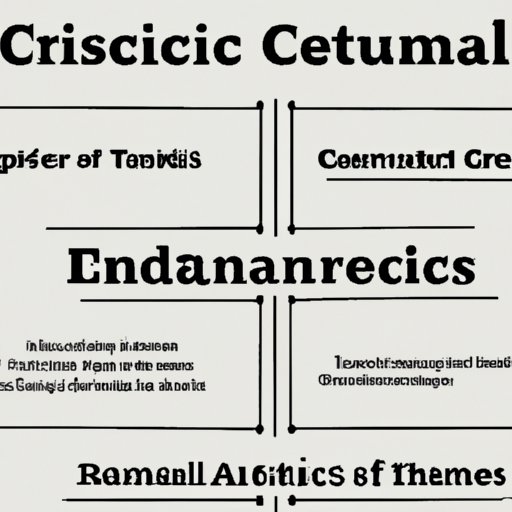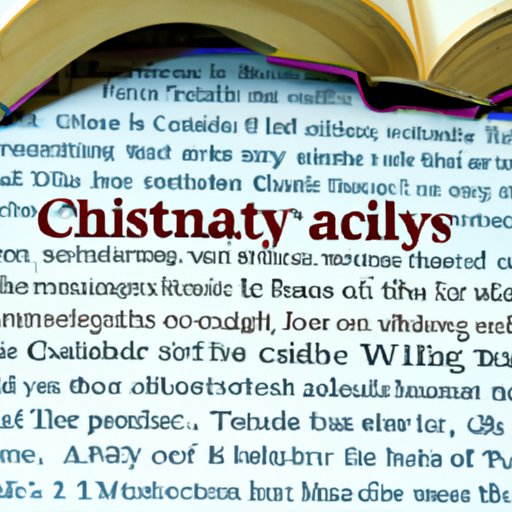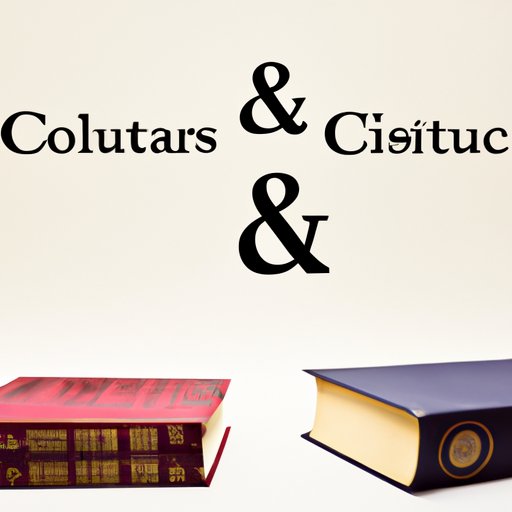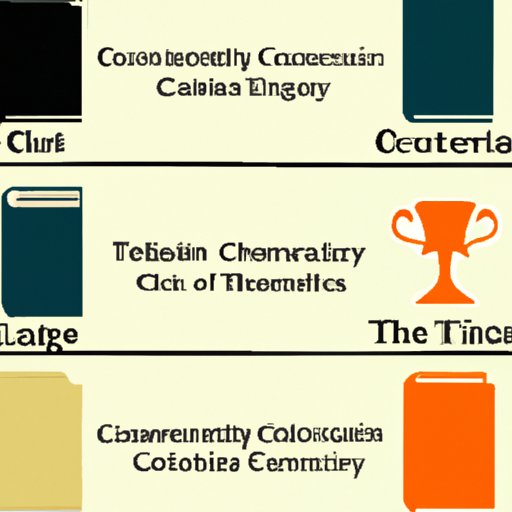Introduction
Classical literature is a term used to describe works from antiquity that are still relevant and studied today. It encompasses a wide range of texts from different cultures, including Greek, Roman, and Chinese literature, as well as literature from other ancient civilizations. This article explores the definition of classical literature, its common themes, and how it has evolved over time and continues to shape modern literature today.

Defining Classical Literature: An Overview
Classical literature refers to texts written in ancient times that have stood the test of time and remain influential today. According to the Oxford English Dictionary, classical literature is defined as “literature of recognized excellence or of ancient origin.” It can also be described as literature that is considered to be of “high quality” and has been “widely read and admired throughout history.”
The characteristics of classical literature vary depending on the culture and period in which it was written. Generally, however, it is characterized by formal language, a focus on timeless themes, and a sense of universality. In addition, classical literature often includes characters with heroic qualities, such as courage, loyalty, and strength.
Examples of classical literature include Homer’s Iliad and Odyssey, Virgil’s Aeneid, Ovid’s Metamorphoses, Dante’s Divine Comedy, and Shakespeare’s plays. These works have had a profound influence on literature and culture for centuries and continue to be studied and discussed today.
Exploring the Themes of Classical Literature
Common themes in classical literature include love, honor, justice, fate, and mortality. These themes are often explored through stories of heroes and their struggles against powerful forces, both external and internal. For example, in Homer’s Iliad, Achilles faces off against the Trojans in a battle for honor and glory, while in Virgil’s Aeneid, Aeneas must overcome obstacles and temptations in order to fulfill his destiny.
These themes are not exclusive to classical literature; they can also be found in modern works. However, there are some differences between the way these themes are explored in classical and modern literature. Whereas classical literature often focuses on the individual’s struggle against society, modern literature tends to focus more on the individual’s inner conflicts.
Examining the Influence of Classical Literature on Modern Literature
Classical literature has had a profound influence on modern works. Many authors have been inspired by the works of the great classical authors, incorporating elements of their writing into their own works. For example, J.R.R. Tolkien’s Lord of the Rings trilogy draws heavily from Homer’s Iliad, while Ernest Hemingway’s The Sun Also Rises pays homage to Virgil’s Aeneid.
In addition, many of the themes explored in classical literature are still relevant today. Love, honor, justice, fate, and mortality are all themes that modern authors explore in their works. Notable authors who have been influenced by classical literature include William Shakespeare, Jane Austen, and F. Scott Fitzgerald.

Analyzing Classical Literary Works Through Time
Throughout history, classical literature has undergone various changes and developments. As new cultures emerged, so too did new forms of literature. For example, during the Middle Ages, classical literature took on a more religious tone, as seen in Dante’s Divine Comedy and Chaucer’s Canterbury Tales. In the Renaissance period, classical literature shifted again, this time focusing more on humanism and exploration, as seen in Shakespeare’s plays and Cervantes’ Don Quixote.
The themes explored in classical literature have also changed over time. While the core themes of love, honor, justice, fate, and mortality remain, the way these themes are explored has shifted. For example, in classical literature, the individual’s struggle against society was often a central theme. In modern literature, however, the focus is more on the individual’s inner conflict.

A Comparison of Classical and Contemporary Literature
When comparing classical and contemporary literature, it is important to note their differences and similarities. One of the main differences is the language used. Classical literature is often characterized by its use of formal, elevated language, whereas contemporary literature often uses more colloquial, everyday language. In terms of structure, classical literature typically follows a linear narrative structure, while contemporary literature often employs a more fragmented, non-linear approach.
Despite these differences, there are also similarities between classical and contemporary literature. Both genres explore similar themes, such as love, honor, justice, fate, and mortality. Additionally, both genres are often concerned with exploring the human condition and the individual’s place in the world.
Conclusion
Classical literature is a genre that has stood the test of time and continues to influence modern works. It is characterized by formal language, a focus on timeless themes, and a sense of universality. Although there are differences between classical and contemporary literature, both genres explore similar themes and are concerned with exploring the human condition. As such, classical literature remains an important part of our literary heritage.
(Note: Is this article not meeting your expectations? Do you have knowledge or insights to share? Unlock new opportunities and expand your reach by joining our authors team. Click Registration to join us and share your expertise with our readers.)
